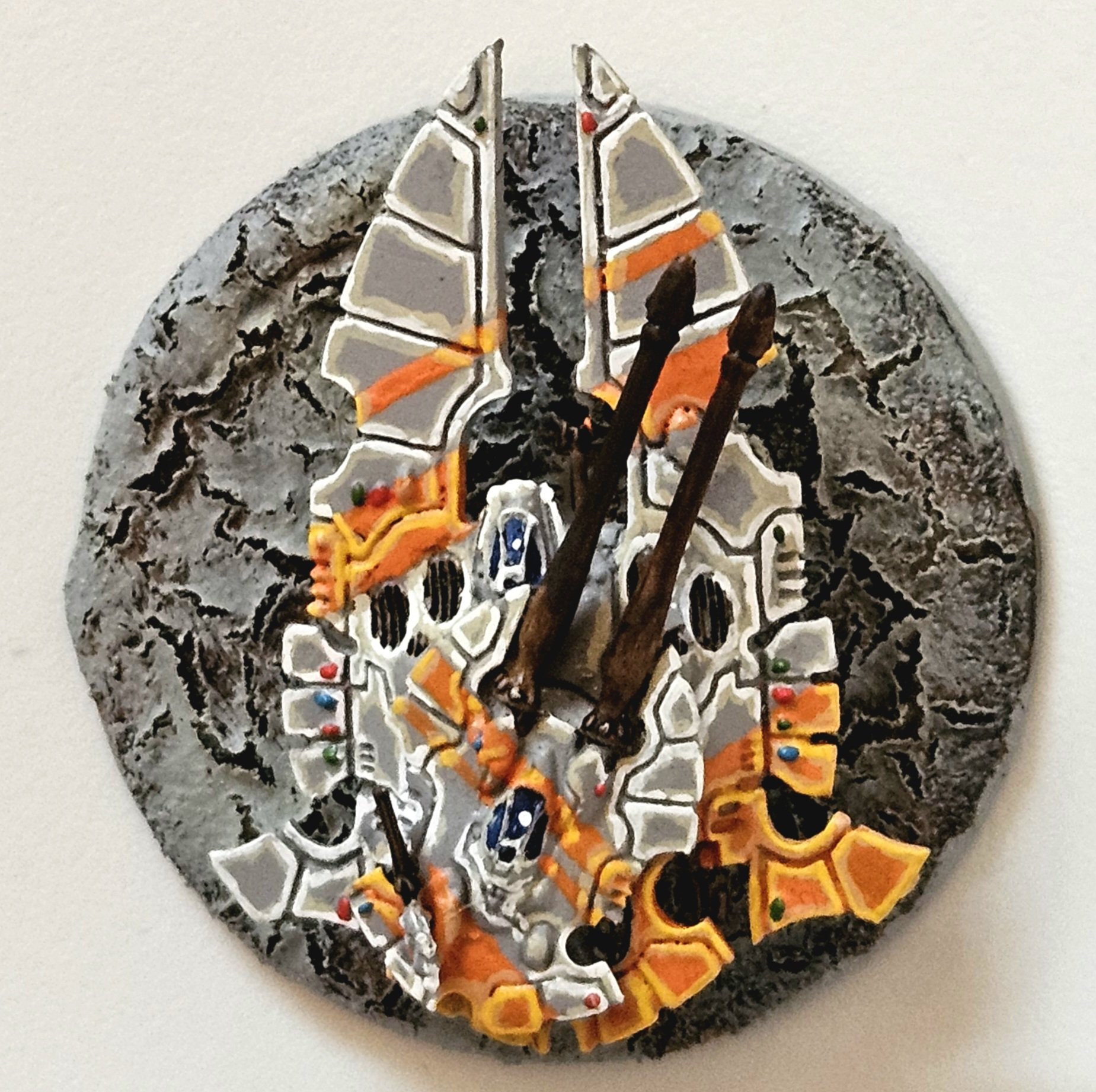- 2 Posts
- 17 Comments

 2·2 years ago
2·2 years agoHave you seen the Grey Knights models? Have you seen them?! I rest my case 😊
Well, if it’s balanced for experienced players it works for me

 2·2 years ago
2·2 years agoThis is actually incredible! Great work!
 111·2 years ago
111·2 years ago“Ability scores have been removed” YES! FINALLY!
I’m missing that line (and getting an error to upload screenshots). Could there be some permission limitations on this instance?
That search does not bring up any results for me…
I get a 404 error: https://ttrpg.network/c/wargaming@lemmy.world
Yeah, I’ve figured that part out! Although I’m unsure why I can’t find some communities in here? For example, there’s a wargaming community on lemmy.world I can’t seem to access from inside this instance…
Oh, thanks! I didn’t know, still new to lemmy and how to find things, I just subscribed 😊
Where can we suggest new communities? I’m surprised at the lack of Pathfinder 2e, Fate and Genesys communities at the least 🙃
Also, I think the server may need an update?
I’d say Pathfinder is way less heavy to run than D&D5e. The amount of pages is mostly due to two things:
- Pathfinder ha a “rules over rulings” approach, so a lot of rules are codified and you don’t need to know them: you just need to look them up when you find a situating you don’t know how to resolve (the Archives of Nethys website is incredible for this).
- Some things are spelled out multiple times rather than have a million “See page 524” references for a single paragraph rule.
The only things you need to run a successful Pathfinder game are:
- Build the characters, following the order, with your players
- Read the game mastering section
- Trust that the game is balanced and the encounter builder does not disappoint
Finally, if you’re still intimidated, just run an Adventure! The Beginner’s Box is a great place to start easily even as a new GM, or if you’re feeling you want a more ambitious campaign you can pick an Adventure Path (I recommend Age of Ashes).
You’ll see that as soon as you just start paying everything fits quite seamlessly.
Just word of caution for players coming from 5e: the game expects teamwork and you using other actions than just attacking (Demoralize, in particular is an Action I recommend to new players). Just in general, it rewards you setting up the next player more than just going for them yourself.

 8·2 years ago
8·2 years agoAnother one I really like is : your players never miss, sometimes their opponents or circumstances make things harder though.
Examples:
- Your fighter doesn’t miss the attack, his opponent just barely manages to block it, panic in his eyes.
- You didn’t miss the jump, you just dodged a shot and rolled the fall perfectly. It seems those guards don’t want to make your escape easy.
Granted, this works in games where the player characters are presupposed heroic and competent, wouldn’t use it in Dark Heresy or Cal of Cthulhu, probably

 5·2 years ago
5·2 years agoMy top two rules lf GMing:.
-
Spend the most time on what your players find interesting and skip over the parts they don’t enjoy. Let the story follow the former and avoid the latter.
-
The easiest way to know what your players enjoy or want more of is by asking them!
-
 1·2 years ago
1·2 years agoBurning Wheel is my #1 system I’ll never get to play (as a player) cause I can’t get anyone else to read the required 600+ pages to GM it…

 10·2 years ago
10·2 years agoIt’s my go-to system both for new to role-playing players and for “I didn’t know I was game mastering anything five minutes ago, but here we are”.
It’s fast, simple and easy to learn as you go, generally the only problems I run into with Fate Accelerated are one of three kinds:
-
Have to deprogram D&D players from “I attack” into “Well, I want to save the prince but the ugly elf is in the way, so I guess I’ll try and shove hime away with my shield to get to him”
-
Too simple for long-term campaigns (solved by using Fate Core instead)
-
Sometimes there is a more specific game that does what you want but better (Blades in the Dark for heists, for example). Not a huge issue, though.
Particularly, Fate (be it Core, Condensed or Accelerated) works very well for my style of gming, which has two particularities:
-
I improvise heavily, building the world as I go.
-
I like weird and interesting settings. My latest campaign has a bunch of office workers stopping a Cthulhu Cult by time- traveling to prehistoric hunter-gatherer times.
As far as I’m concerned Fate is firmly in my top three RPGs that I like and recommend (the other two being Pathfinder 2e and Genesys).
Hope this helps!
-

Why is the correct choice Chaotic Neutral? 🤣